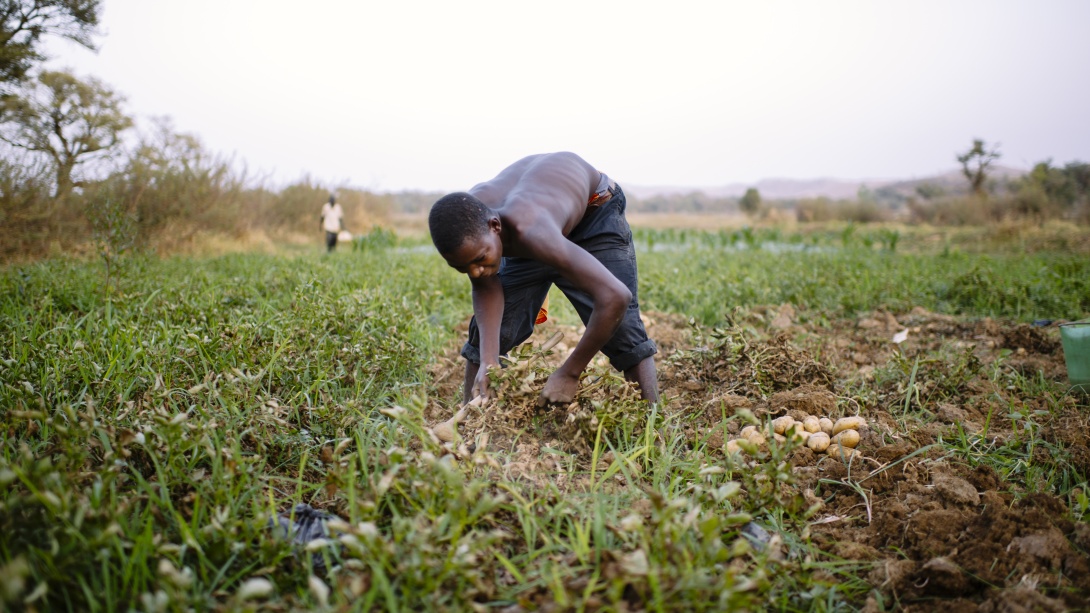Forest and farm smallholders around the world are facing increasingly difficult climatic and environmental conditions. Yet their direct dependence on natural resources makes them particular vulnerable to the effects of climate hazards and environmental degradation. With funding from REDAA, Tele-Bere supported smallholders in Northern Ghana to develop green value chains to help strengthen livelihoods and improve landscapes.

As a Forest and Farm Producer Organization (FFPO), Tele-Bere helps to bring smallholders together, supporting them to build resilience in the face of climate and market shocks through training and financial, marketing and advocacy support services.
Between December 2022 and April 2023, REDAA supported Tele-Bere, a partner of the Forest and Farm Facility, to pilot a new project focused on improving green value chains across three villages in Northern Ghana (Gundoog, Yarigabisi and Kukua). The project adopted a landscape and ecosystem-based adaption approach that put smallholders at the forefront of delivering climate interventions.
Through training and capacity building on the production and use of organic fertilizers and sustainable fuel alternatives, the project aimed to help restore soil fertility and improve food production. Income will also be generated through the creation of value chains for these products.
The project supported the development of a farmer demonstration site in Kunkua, where the adoption of a locally-managed solar irrigation system has shown a great deal of potential. This site will be used to illustrate best practices, encourage knowledge sharing and co-learning and showcase gender-based research-to-action approaches.
This project will benefit 750 members from 25 village groups, the majority of whom are women.
Key outcomes
- Smallholders who adopted at least three sustainable land management/climate change adaptation practices testified to increasing their yields by 50-60%.
- Higher nutrient stores (e.g. soil organic matter, nitrogen, potassium, calcium) were found in plots utilising microbial fertilisers, along with higher levels of biological activity and improved ecosystem properties.
- Capital investment required for the use of microbial fertiliser was found to be 65% lower than that for chemical fertiliser. A key benefit to these cost savings was the removal of financial barriers faced by women and youth, who were previously excluded from engaging in agricultural production due to limited finances and the high costs of chemical fertilisers.